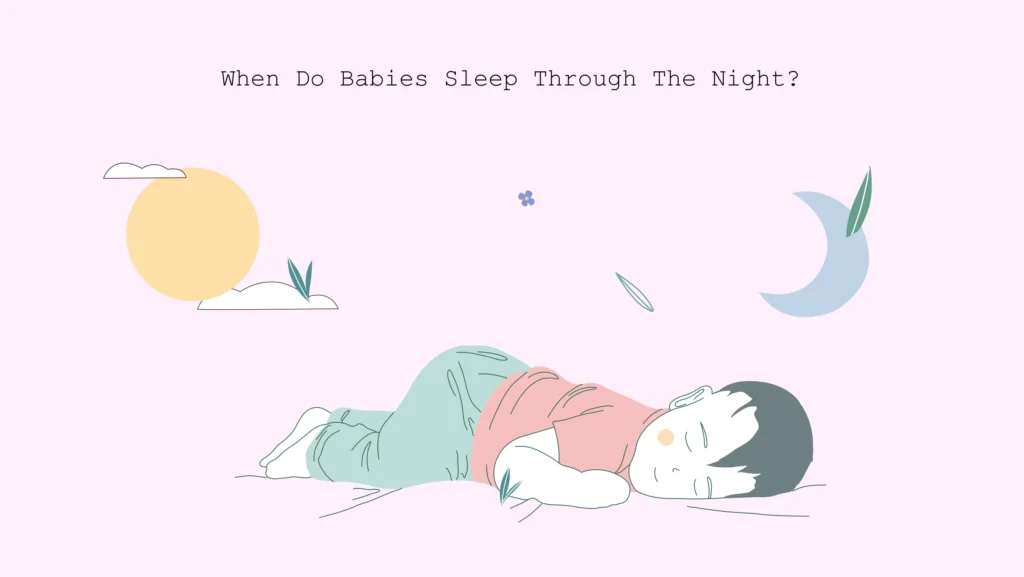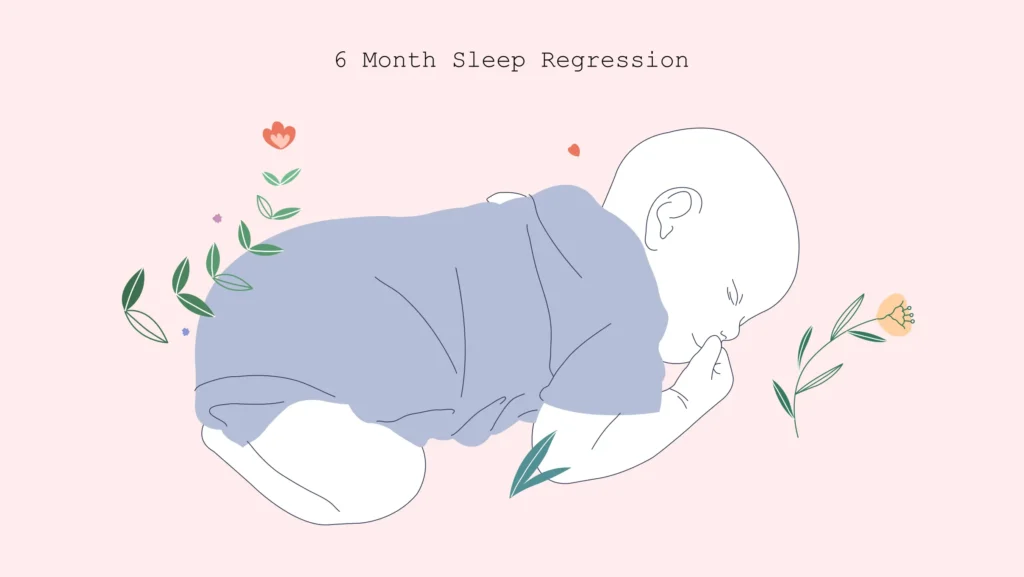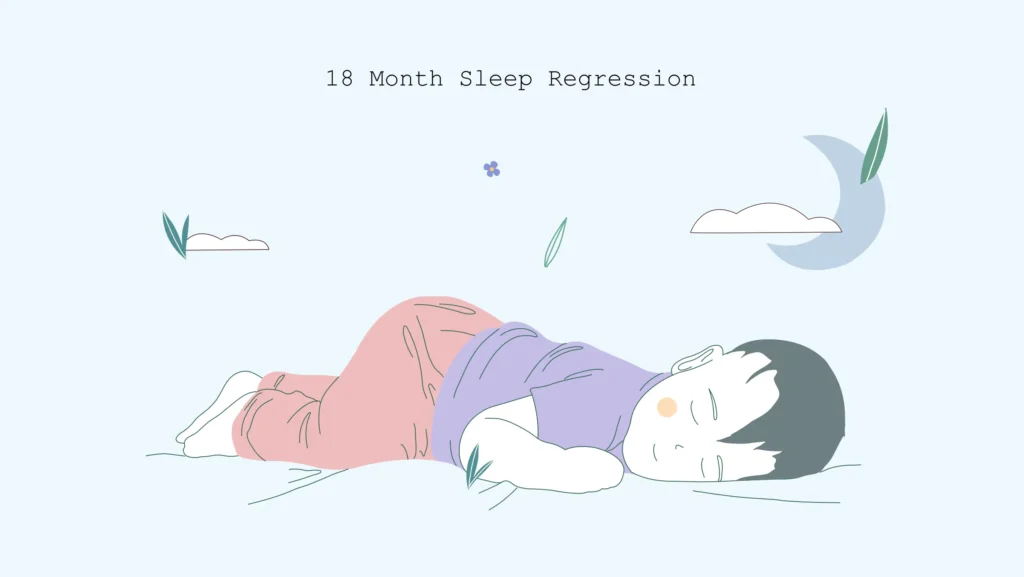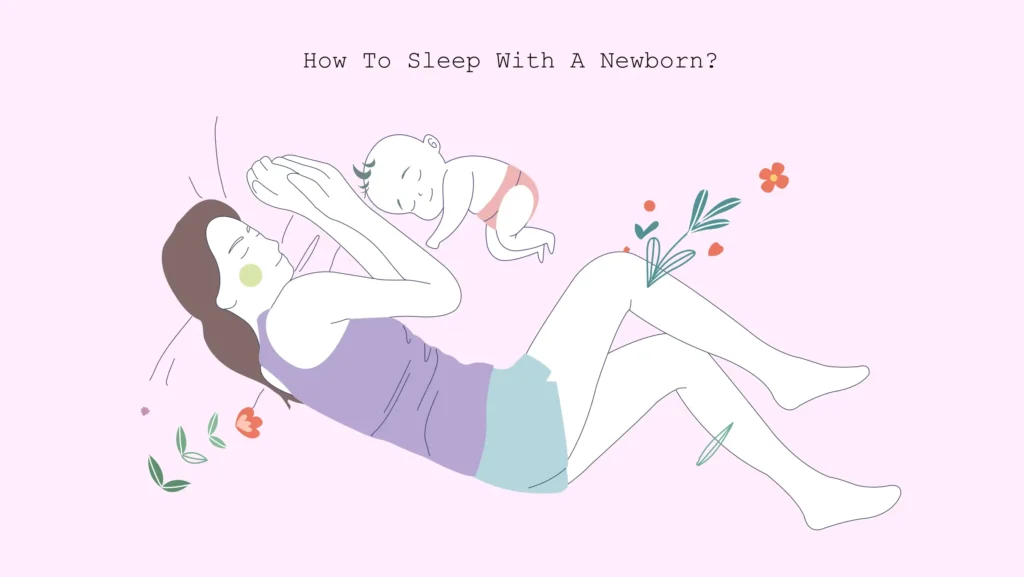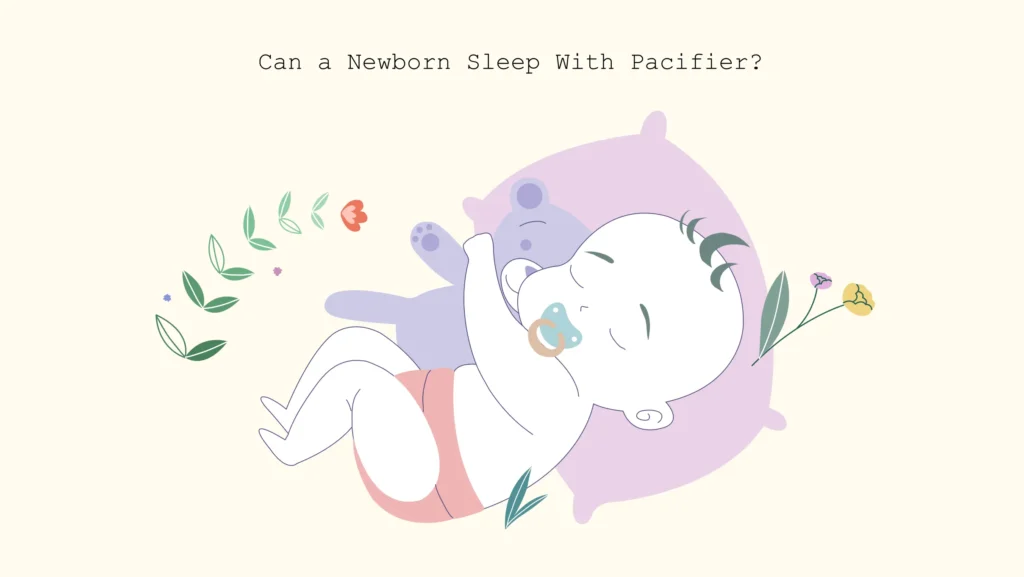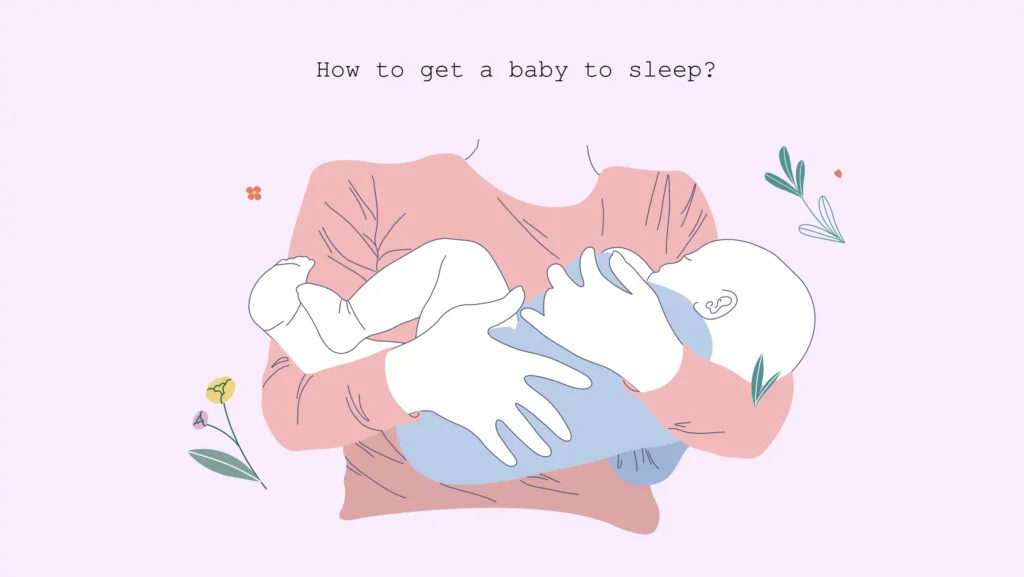8 Month Sleep Regression: Signs, Causes, and Tips
Fact Checked
Up to date
Update: May 24, 2023
Share
Written by

Content Writer
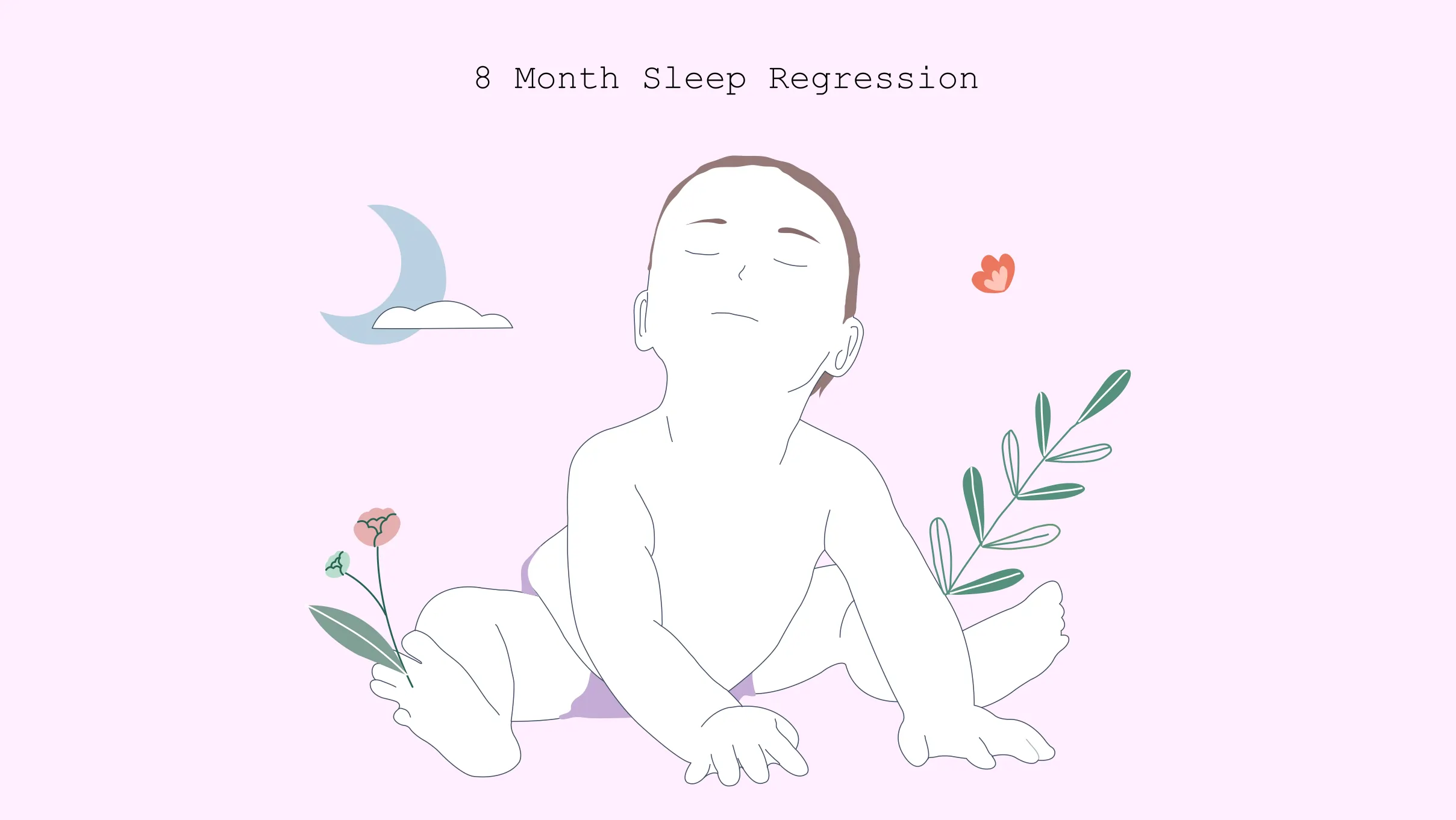
0
people like this article
Share
Written by

Content Writer
With a Master's Degree in Mass Communication and nearly two decades of professional expertise in crafting healthcare articles, he possesses a wealth of experience and knowledge in the field.


